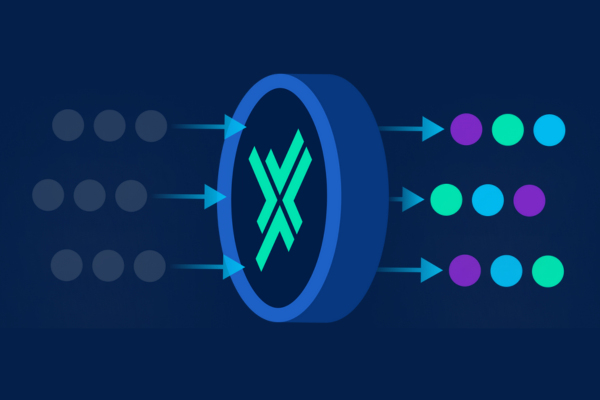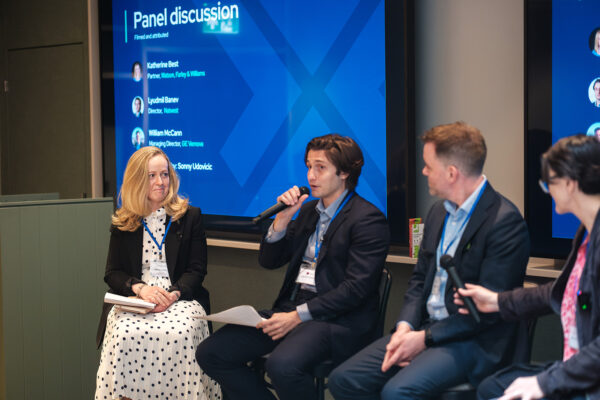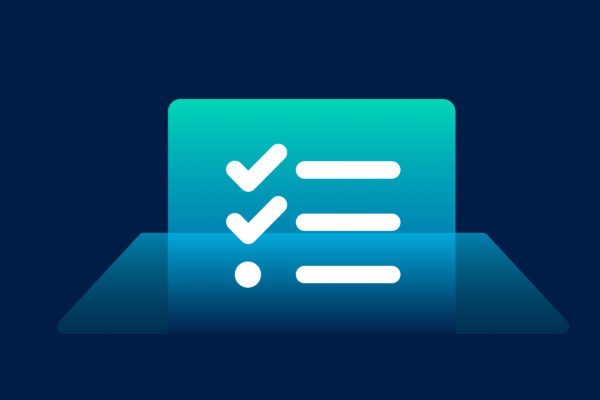Broadly speaking, efficiency is the ability to avoid wasting energy, effort, and time. I’m here to argue the case that a lower overall cost for your clients, delivered through efficiency, can actually increase your firm’s revenue. And, that it’s short-sighted to think that the profitability of a law firm relies solely upon the lawyers’ ability to complete their workload.
There is so much opportunity to be had when we start looking at the marginal gains that improved efficiency can have on client experience, speed, quality, talent, and consequently the firm’s revenue. Legatics recently invited Richard Punt, (Managing Director of Legal Strategy and Market Development at Thomson Reuters) to share his experiences of working for, and with, global law firms to deliver efficiency.
When you’re building the business case for efficiency, you should be considering the following:
Client experience
Your clients want to pay for value, and they really want to avoid the perception of wasted time. Your clients themselves are measured on the efficiency of their work, so you need to help them look good. In order to demonstrate your value, and subsequently their value, make sure you are transparent about the ways you are striving to be efficient and also the way your efficient way of working is impacting the client.
Speed and quality
A common perception is that to make quick efficiency gains you are likely to trade off on quality, but with the increase in use of legaltech, both improved efficiencies and quality are achievable. Filling a lawyer’s time with lots of administrative tasks is bound to be detrimental to the quality of the service you are providing to your clients.
Avoid compromising on quality and seriously consider investing in tech that will reduce avoidable errors and improve speed.
Talent
Finally, inefficiency corrodes talent. For many lawyers, pulling all-nighters is all too familiar as they trawl through tedious tasks, which can frankly drive them to quitting. According to a Thomson Reuters survey, on average 40% of a lawyer’s time is spent on administrative tasks, so it’s no wonder that for every 25 new associates hired in a year, 17 leave. BBy identifying efficiency and fostering innovation, you are going to retain your talent.
You can listen to the full interview with Richard Punt here, which includes those all important steps you can take to begin improving efficiency.









